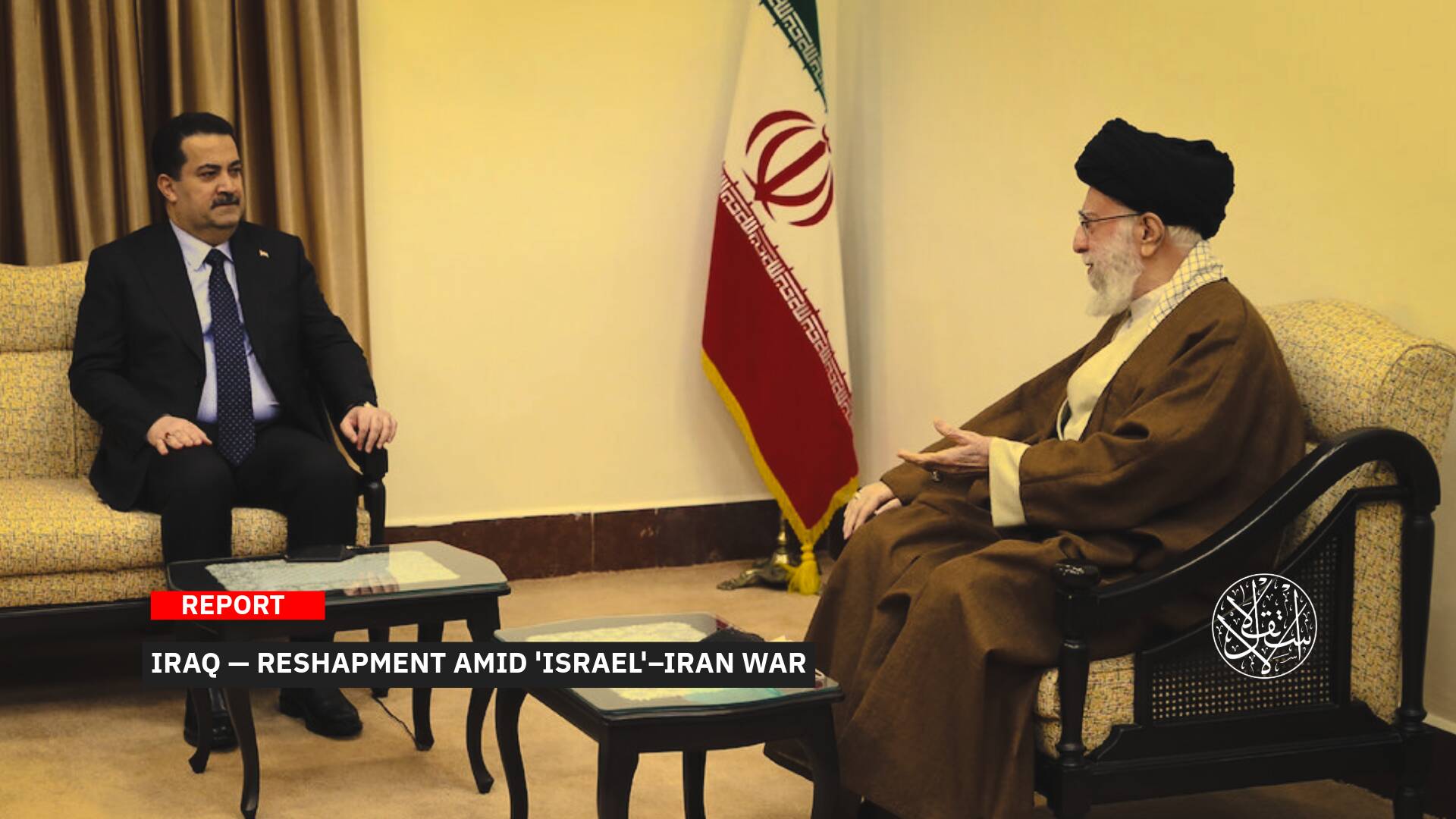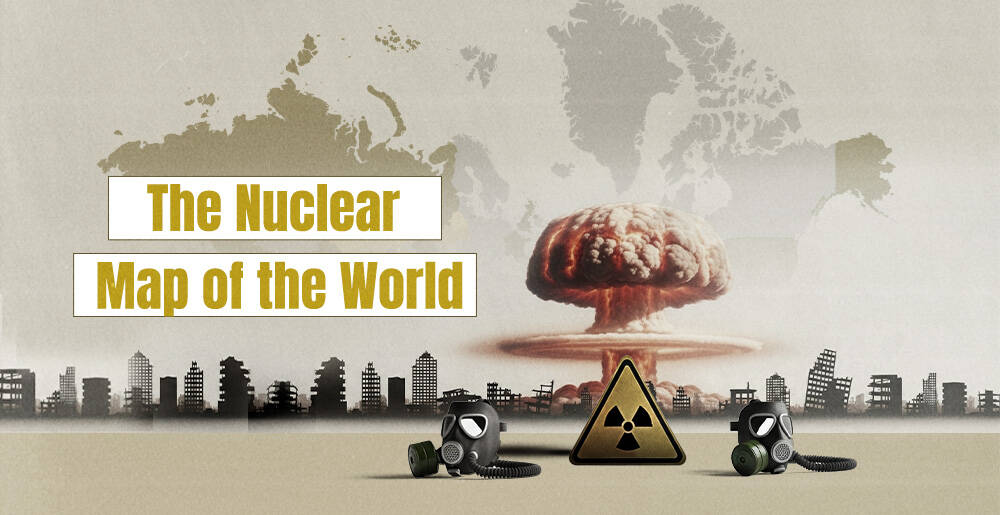Despite Public Opposition, Why Does Rabat Allow ‘Israel’ to Build Weapons Factory?

The aircraft to be manufactured in Morocco are WanderB and ThunderB models.
Despite the aggression on Gaza, Moroccan authorities continue to closely cooperate with “Israel,” disregarding all calls against normalization between the two sides.
Morocco is set to become a manufacturer of military drones thanks to its cooperation with “Israel,” as revealed by Le Monde on May 9, 2024.
Battlefields
The newspaper reported that an Israeli company has built a facility in Rabat that will soon begin operations to produce drones proven effective on battlefields.
It noted that the Israeli expertise provided to Morocco comes from BlueBird Aero Systems, a subsidiary of the state-owned Israel Aerospace Industries.
No details have been released about the project or its start date. BlueBird Aero Systems declined Le Monde's request for comment, and Moroccan authorities have not officially responded to the newspaper's report.

Le Monde reported that the aircraft to be manufactured in Morocco are the WanderB and ThunderB models, according to Asher Friedman, the Israeli director of the Abraham Accords Peace Institute.
These drones are primarily intended for reconnaissance, intelligence, and target acquisition missions. By 2022, Rabat had ordered 150 of these drones, with some to be produced in Morocco.
Additionally, the Israeli company’s SpyX drone, a kamikaze version recently acquired by Morocco, will also be manufactured.
Military cooperation between Morocco and “Israel” has increased since normalization. In February 2023, the two countries signed a $500 million deal for the Barak MX air and missile defense system, manufactured by Israel Aerospace Industries (IAI).
Morocco also acquired the Israeli Skylock Dome anti-drone system in 2021.
In recent years, Morocco and “Israel” have intensified their cooperation in various fields since resuming diplomatic relations in late 2020.
This cooperation followed a trilateral agreement in which the United States recognized Morocco’s sovereignty over the Western Sahara, a territory disputed between Rabat and the Algeria-backed Polisario Front.
Growing Embarrassment
Reacting to the news of Morocco becoming a site for an Israeli factory, blogger Malak Khaled commented, "What is this, Morocco? Partnering with Zionists so openly and officially while our people are being exterminated in Gaza?"
On May 11, she noted on X that "Morocco will become a partner in producing military drones in cooperation with Israel, following the announcement of building a drone production factory in Rabat, with the Israeli factory set to start operations soon."
From his perspective, Moroccan political science researcher Amine el-Idrissi stated that "Rabat's policy on certain issues requires scrutiny of the decision-maker, given the involvement of various forces in making these significant strategic decisions, whether for the short or long term, driven primarily by economic policies."
El-Idrissi explained to Al-Estiklal that "Morocco typically diversifies its partners due to economic and geographical constraints, particularly concerning territorial integrity [Western Sahara]. This is why it has adopted a policy of openness to various powers, without always considering popular sentiment."
He believes that "the authorities' decision to continue cooperating with “Israel” is part of fulfilling agreements, but without the celebratory announcements seen previously, due to the current regional situation."
El-Idrissi also pointed out that "this dual approach, from the perspective of those in solidarity with the Palestinian cause, does not bind the decision-makers, given their pragmatic approach of official solidarity with Palestine through the Jerusalem Committee chaired by King Mohammed VI, while continuing normalization with Israel."
“Opening the factory, based on recent media leaks, aligns with the government's policy continuity, despite the criticisms."
El-Idrissi emphasized that "one of the main reasons for opening the factory is Morocco's desire to improve and enhance its arsenal of advanced and precise weapons for future objectives, including strengthening its position on the Western Sahara issue."
"Away from the spotlight of major media, Morocco is experiencing an unusual period of turmoil due to events in Gaza. The more intense the Israeli aggression, the higher the anger in Moroccan streets, increasing the government's embarrassment over its ties with Israel," Moroccan writer Ali Anouzla remarked, amid these complex developments.
Anouzla, in an opinion piece on al-Araby Al-Jadeed on May 8, noted that "this embarrassment creates a growing rift over time between the government and the angry public regarding the stance on the ongoing Israeli aggression against Palestinians."
He stressed that "the majority of the Moroccan people, who traditionally sympathize with the Palestinians, have repeatedly expressed their anger in the streets over several months during protests that the government tries to contain."
A Growing Gap
He pointed out that "with the continuing Israeli aggression on Gaza, the kingdom finds itself in a very awkward position, balancing its relations with Israel, which has had normalization agreements since 2020, and the sentiments of the broad Moroccan populace, historically supportive of the Palestinian cause."
“In the context of conflicting positions of Moroccan authorities between trying to contain street anger and, at the same time, allowing protests to avoid an explosion, any act against normalization becomes fraught with risks that could lead to bans or imprisonment."
“As in the case of blogger Saeed Boukayoud, who was sentenced to five years in prison for Facebook posts criticizing the normalization with Israel,” he continued.
"Similarly, his fellow blogger Abdel Rahman Zankad received the same sentence for posts criticizing normalization. Another anti-normalization activist, Mustafa Dakar, is currently on trial and detained for posts criticizing normalization."
Almost daily, many cities, including the capital Rabat, witness mass protests in solidarity with the Palestinian people, calling for an end to Israeli airstrikes on Gaza, lifting the blockade, and allowing aid.

Rachid al-Foulali, coordinator of the Moroccan Initiative for Support and Advocacy, revealed that since the start of Operation al-Aqsa Flood on October 7, Moroccans have organized over 3,000 demonstrations, including marches and sit-ins, across the kingdom.
"It is unsurprising to witness such a massive reaction to the Palestinian cause, given that Morocco is one of the leading countries in organizing demonstrations in support of Palestine,” al-Foulali said during a lecture on the Palestinian cause at the International Book Fair in Rabat on May 11.
"The Moroccan people are known for their million-strong marches in support of the Palestinian people."
Al-Foulali called on "Moroccans to continue protests and demonstrations in support of the Palestinian cause," urging the state to "respond positively to the demands of the Moroccan people, primarily by closing the Israeli liaison office in Rabat and ending normalization."
He also called for "opening the door for Moroccans to collect donations for Palestinian relief, similar to the efforts made for the victims of the al-Haouz earthquake in September 2023."
Strengthening Cooperation
In a tripartite agreement between Morocco, the U.S., and “Israel” at the end of 2020, diplomatic relations between Rabat and Tel Aviv were resumed after being halted in 2002.
Former Israeli War Minister Benny Gantz visited the Moroccan capital, Rabat, on November 23, 2021, in the first visit of its kind.
Since then, several developments have taken place, including the reopening of the Israeli liaison office in Rabat and the launch of a direct flight between the two countries. Military cooperation has also intensified.
Morocco and “Israel” signed a defense memorandum of understanding to organize intelligence cooperation, security procurement, and joint training.
At the time, the Israeli Ministry of War stated that Gantz and Morocco’s Minister Delegate to the Head of Government in charge of the National Defense Administration, Abdellatif Loudiyi, signed a "landmark defense memorandum of understanding."
Rabat embarked on a new phase of military cooperation with Tel Aviv, highlighted by an "unprecedented" visit from the Inspector General of the Moroccan Armed Forces, Belkhir el-Farouk, to “Israel” on September 12, 2022, to participate in an international conference on military innovation.
The next day, a formal reception was held for the Moroccan official at the Israeli General Staff headquarters in Tel Aviv, led by former Chief of Staff Aviv Kohavi.
According to the Moroccan General Staff, el-Farouk and Kohavi discussed ways to strengthen and expand cooperation between the two militaries, particularly in technology and innovation.
Over nearly two years, Moroccan and Israeli military officials exchanged visits and signed several memorandums of understanding. Morocco expressed interest in establishing joint projects with “Israel” in the defense industry.
On July 20, 2022, Minister Loudiyi met with former Israeli war minister Kohavi in Rabat, marking Kohavi's first official visit to Morocco, which lasted three days.
The Moroccan Armed Forces stated that in the defense sector, and with a view to establishing a local defense industry, Loudiyi expressed Morocco's interest in joint projects in defense industries within Morocco.












